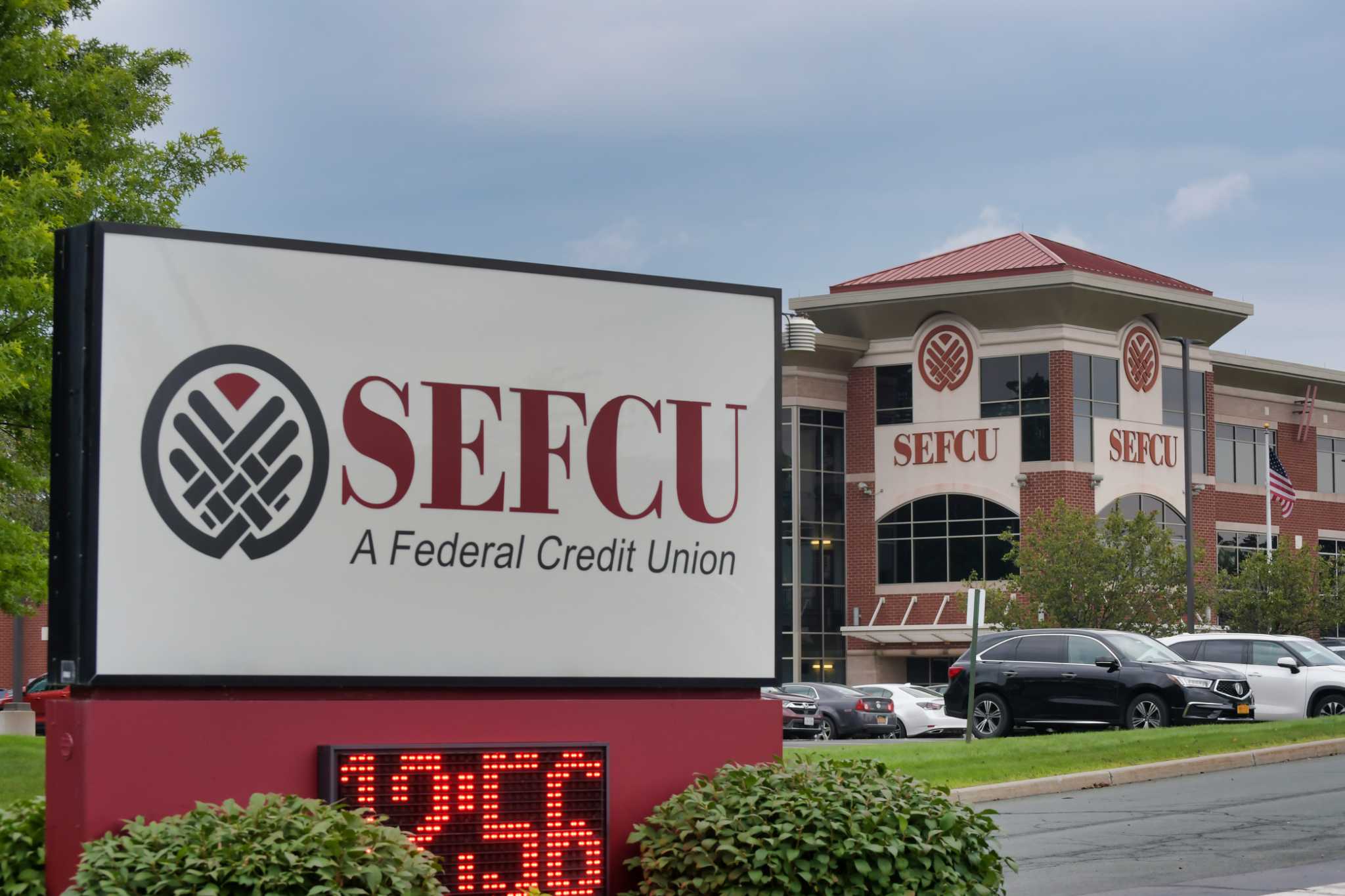If you are looking for a credit union that offers lower fees and interest rates than a bank, SDDFCU may be the right option for you. Read on to learn everything you need to know about SDDFCU!
Credit unions are not-for-profit organizations that are owned and operated by their members. They offer savings accounts and loans at lower rates than banks, plus a variety of other financial services.
What is a Credit Union?
SDDFCU Credit unions are not-for-profit institutions that provide financial services to their members. They are similar to banks in that they offer a range of products and services, but they differ in several key ways.
As a not-for-profit institution, credit unions are generally exempt from federal taxes and can receive subsidies from other nonprofit organizations. Because they do not need to make profits, they are able to provide their members with lower fees and better rates on savings accounts and loans.
Sign-Up Bonuses
SDDFCU Credit unions typically have fewer customers than banks and may not be able to offer the same types of perks or sign-up bonuses that larger commercial banks can offer. They also typically have a limited number of branch locations.
What are the Benefits of a Credit Union?
There are several reasons why you might want to consider joining a credit union. First, you can save on fees and get better rates on loans and savings accounts. You’ll also enjoy a more personal relationship with your bank.
Second, credit unions are not-for-profit cooperatives owned by their members. That means they don’t have to pay corporate income tax on earnings like banks do.
Loan or Checking Account
Third, they are generally more forgiving about bad credit history than banks are. They will analyze your credit score and take into account your current financial situation before approving a loan or checking account.
They also tend to stress financial literacy and offer seminars, articles, calculators and other tools to help you sharpen your money skills. We may also award grants or scholarships to worthy local students and sponsor fundraising events.
How do Credit Unions Work?
Credit unions offer a wide variety of financial services, including checking and savings accounts, credit cards and loans. Their main difference from banks is that they are not-for-profit institutions. That means that credit unions don’t make a profit and pay no state or federal taxes, allowing them to charge lower interest rates on most products and services.
They have a people-helping-people philosophy and work to serve their members by offering competitive products with better rates and fees than you’ll get from a bank. They also have a cooperative structure, which encourages their members to help each other with banking and other money-related needs.
Eligibility requirements for membership vary from credit union to credit union, but you can usually join if you live, work or worship in a particular area and if you’re connected to the organization through your employer, university, labor union or other affiliations. In the past, credit unions were more restrictive on who could join, but they have become much more lenient.
How Can I Join a Credit Union?
When it comes to banking, credit unions are often a great choice for those looking for a better rate or more services. But you should know that credit unions operate differently than banks, so it’s important to do your research before you open an account.
A credit union is a not-for-profit financial institution owned by its members. They reinvest the profits they make from interest and account fees back into the products they offer. This means that you get better rates and fees than you would at a for-profit bank.
Final Words:
To join a credit union, you must meet specific eligibility requirements. These may vary from one credit union to the next, but they typically involve belonging to a group, such as an employer, religious organization or labor union, and living in a certain geographic area.
At the time of account opening, you should bring in documents like a driver’s license or state ID and your social security number. Many credit unions also require a small deposit at account opening, anywhere from $5-$25.


